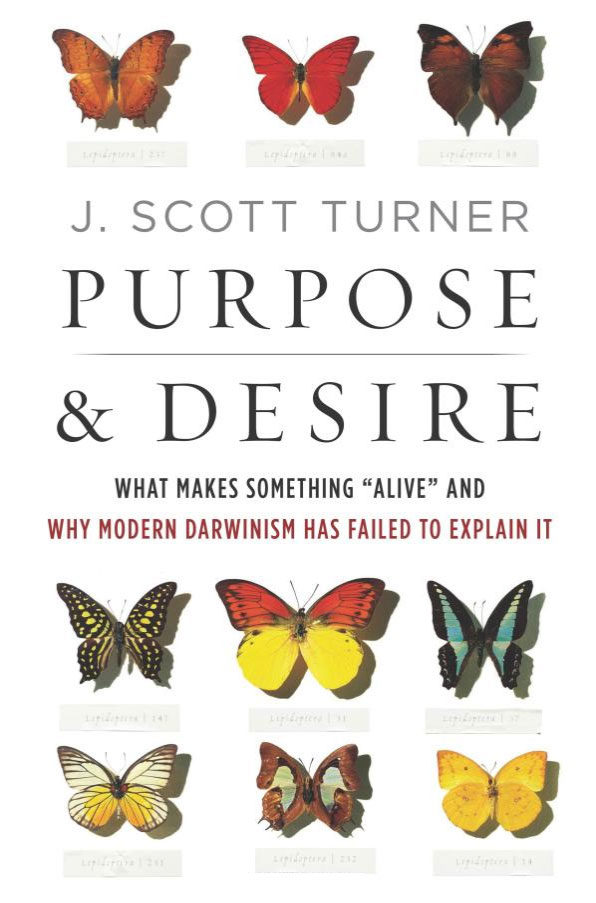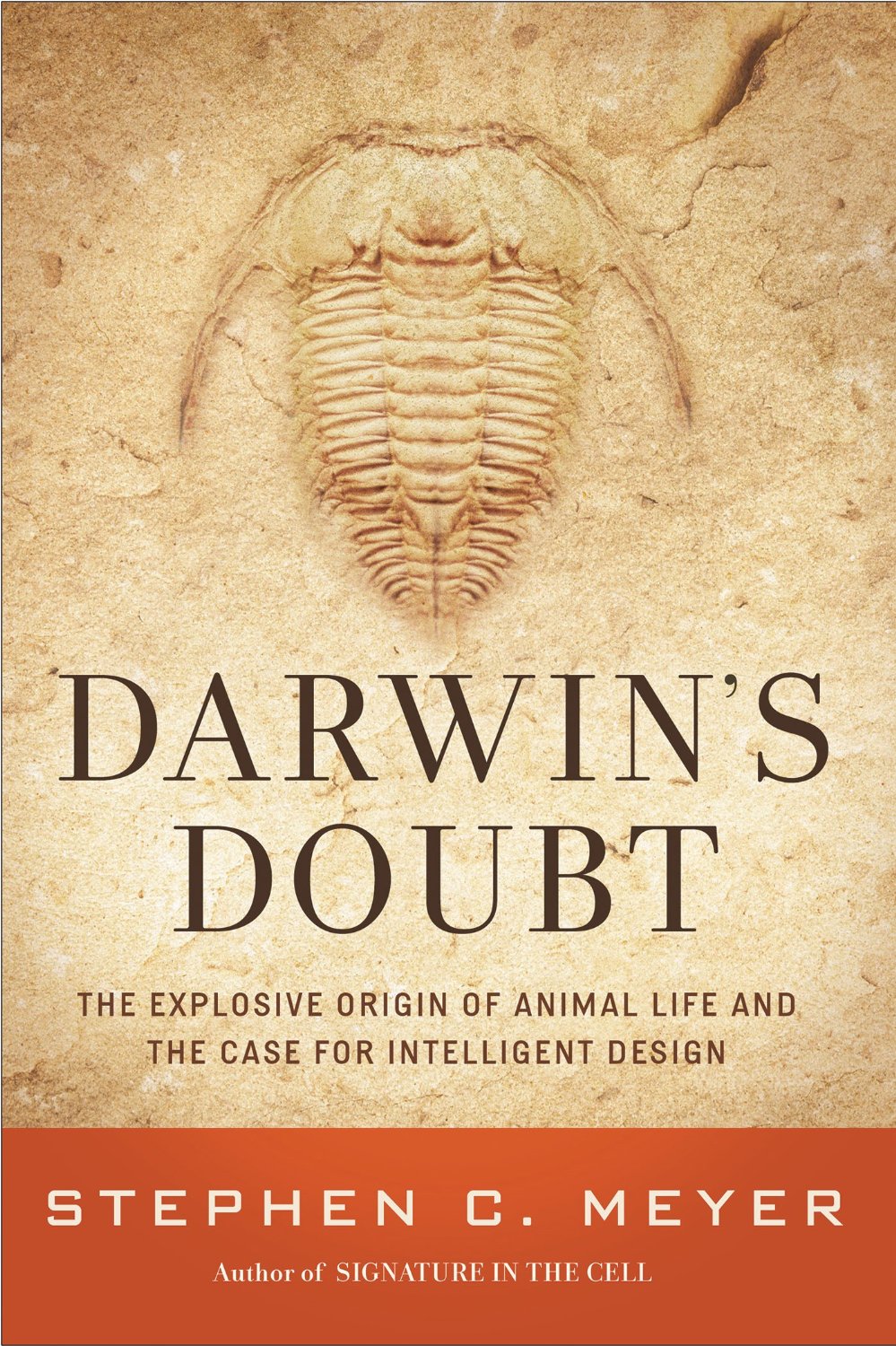After Darwin What?
Two different scientists. Two different approaches. Two different books. One single conclusion: Darwin’s theory cannot explain the complexity and diversity of life.
—————
Praise for Purpose & Desire
“Not since Robert Rosen’s Life Itself has there been such an eloquent, well-argued, and convincing argument for a theory of life based on the concept of organism.” Prof. Jan-Hendrik S. Hofmeyr, Distinguished Professor of Biocomplexity and Biochemistry, Co-Director: Centre for Complex Systems in Transition, Stellenbosch University
“Ingenious mixture of science and philosophy that points out major defects in Darwinism and then delivers heterodox but provocative solutions…a highly thought-provoking book.” (Kirkus Reviews (starred review)
—————
Praise for Darwin’s Doubt
“An excellent book and a must read for anyone who wants to gain understanding of the very real—though often unreported—scientific challenges facing neo-Darwinism.” Dr. Russell Carlson, Director of the Complex Carbohydrate Research Center, University of Georgia
“Darwin’s Doubt is by far the most up-to-date, accurate, and comprehensive review of the evidence from all relevant scientific fields that I have encountered in more than forty years of studying the Cambrian explosion. An engaging investigation of the origin of animal life and a compelling case for intelligent design.” Dr. Wolf-Ekkehard Lönnig, Senior Scientist Emeritus (Biologist) at the Max Planck Institute for Plant Breeding Research, Cologne, Germany
—————
About the authors
Scott Turner is a biologist with the State University of New York and currently a visiting scholar at Cambridge University whose scientific career has been a long intellectual journey “up from Darwinism,” ultimately to conclude that he is no longer a Darwinist. His journey can also be traced in print, in three books: The Extended Organism, The Tinkerer’s Accomplice, and most recently Purpose and Desire: What Makes Something Alive and Why Modern Darwinism Fails to Explain It. In this latest book, Turner argues that evolution is a cognitive phenomenon, driven largely by the intentionality that is a fundamental property of life.
Stephen Meyer received his PhD in the philosophy of science from the University of Cambridge, and has for many years been the leading proponent of intelligent design theory, which argues that it is inescapable that evolution must be driven by intelligence of some sort. He has made this case in his well-received books Signature in the Cell and The New York Times bestseller Darwin’s Doubt.
Showing all 2 results


